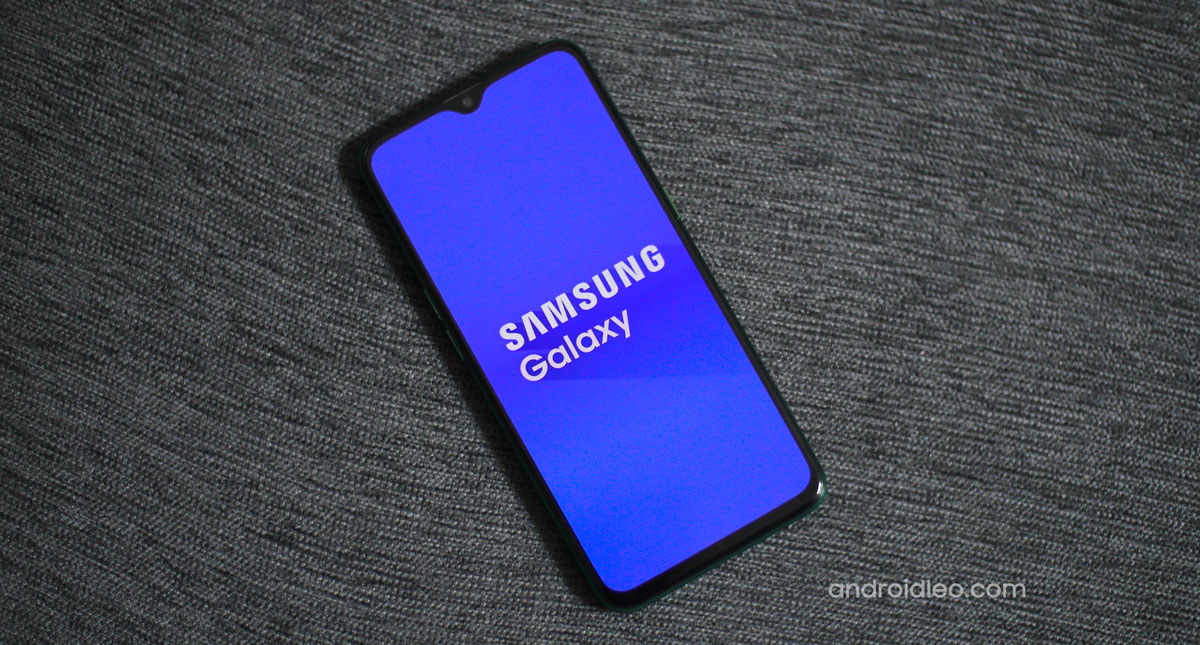Whenever you think of buying a new smartphone, first of all think about its lifespan, where all the company’s smartphones are manufactured on different hardware quality and standard, then the age of the phones may not be the same. Where big Brand are expected to have a longer smartphone life, on the other hand, budget company do not last long.
The South Korean tech giant is known to be one of the selected major mobile manufacturer companies in the world, the quality of its Galaxy devices is included in the best, then if you want to know how long Samsung’s phones last, then it depends on some main things which will be mentioned in this article with average lifespan of a typical Galaxy device.
The lifespan of any smartphone depends on the condition in which you use the phone and how much time you use the phone every day. The lifespan of a Samsung Galaxy smartphone can also vary from person to person and it is not possible to give an exact answer if you use the phone for more time, then its battery which comes with a certain charging cycle will get degraded prematurely, same if you reduce the usage of the device, then the average lifespan will increases and it is signs your phone is Dying, There are other issues on which it depends.
Samsung manufactures smartphones in every range where the S-series are flagships and the M, F and A-series are included in the budget, low end or mid-range category, due to the huge difference in price, both have a difference in lifespan.
If you are using a budget Samsung device, then the quality of the phone is not as good as that of the flagship model, here the life of the battery is about 3 to 4 years on a normal use. on the other hand, the phone’s another components that tend to cause problems over time are the fingerprint scanner and power button, volume buttons etc. which may start to cause problems over a time period of 4 to 5 years, although the lifespan of a Samsung Galaxy budget phones is 4 to 5 years. It happens around the year, here the service provided by the company is also for a few years, in which the company does not pay much attention after giving two major software.
There are also some other problems that limit the life of the Samsung phone such as the availability of parts and repair of budget mobile becomes a problem when the components get damaged after about 5 years.
The Samsung’s flagship models include S-series, and Note-series where the brand uses cutting edge technology and the quality of the device is the most advanced in the market along with a lot of attention to the design. For some of these reasons, the cost of the flagships increases. because the price and the lifespan are proportional, then it can be said that the lifespan of the flagship model is more than the budget devices.
Samsung’s high-end model uses-top-of-the-line components, including the fingerprint scanner, volume buttons, power buttons, camera charging port, etc. these Parts last for a long time even on high usage, while it uses a finest lithium-ion battery. Whose life can also be around 4 years and overall the life span of flagship model can be 6 to 7 years on average, here their repair is not a problem and availability is easy when the components of the device are start malfunctioning.
we all have a habit, A user does not use the high-end and budget mobile equally, where the mid-range is used carelessly, however an expensive phone with care and safe keeping. also use of protection cover, scratch guard accessories etc. all these safety attempts and human tendencies of handling a premium smartphone will increases the lifespan.
The life of the Samsung Device is getting shorter, another reason behind this is that with the passage of time, many innovative features are being included in the technology day by day, due to which the value of the phone is reduced within 1 year and the new phone has more in less value. Features are given, which increases the curiosity of man to get new technology.
May you also like : Price list of Samsung F-series mobile
